Throat and ear pain that lasts more than four weeks deserves serious attention
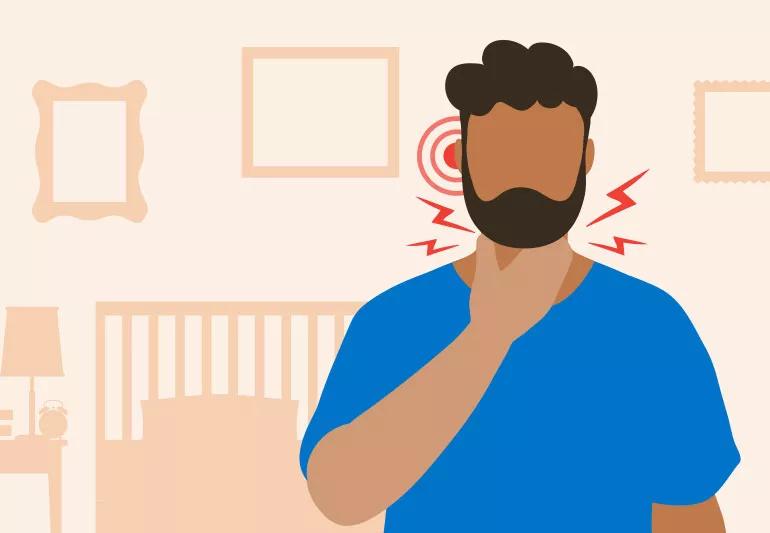
We’ve all had that morning. The one where you wake up and your throat is raw. Or where it feels like someone stuffed your ears with cotton.
Advertisement
Cleveland Clinic is a non-profit academic medical center. Advertising on our site helps support our mission. We do not endorse non-Cleveland Clinic products or services. Policy
But what about when it’s both? Your ears ache and your throat is on fire. Or maybe it’s just one ear and one side of your throat. And it won’t let up.
“Typically, if you have pain in your ears and in throat, it’s something that is primarily coming from your mouth or throat,” explains otolaryngologist Micah Timen, MD, an ear, nose and throat specialist. “Usually, when ear pain coincides with a sore throat, the pain in the ear is what is called ‘referred’ pain.”
“Referred” meaning the trouble didn’t start in your ear, but your ear hurts nonetheless.
Pain in your ears and throat can be caused by a number of things, with infections and reflux among the most common.
But Dr. Timen advises that throat and ear pain that lingers more than four weeks should be evaluated by an ear, nose and throat specialist (an ENT, also called an otolaryngologist).
The reason? Lasting throat and ear pain that doesn’t respond to home remedies or medications can be a sign of something much more serious.
We talked with Dr. Timen about the various causes of throat and ear pain and why it deserves your attention.
Your throat and ears are intricately connected. And having pain in your throat often triggers referred pain in your ear. Blame your glossopharyngeal nerve (aka cranial nerve IX or Arnold’s nerve), which passes from your brainstem through your ear and then down to your throat.
Advertisement
“Arnold’s nerve gives sensation to the ears and the throat,” Dr. Timen explains. “A lot of people assume that if they have throat pain and ear pain, they must have both a throat infection and an ear infection. In reality, though, that pain is often all coming from one point. But it’s being interpreted by your brain as coming from both areas.”
So, if it’s not necessarily an ear infection, what’s causing your ear and throat pain? Dr. Timen breaks it down.
First things first, if your baby or toddler is complaining of ear and throat pain (or if that’s the impression you get), the first thing to suspect is teething.
“Teething can cause some mild mouth pain that kids might feel in their ears and throat,” Dr. Timen explains. “It’s common for babies to rub their ears when they’re teething and for older toddlers to have some ear and throat pain when their molars come in.”
Teething shouldn’t cause intense pain or pain that lasts after the tooth erupts. If you suspect your baby is experiencing teething pain, try giving them a cold cloth, teething toys or a dose of a children’s pain reliever.
Video content: This video is available to watch online.
View video online (https://cdnapisec.kaltura.com/p/2207941/sp/220794100/playManifest/entryId/1_cxajzelr/flavorId/1_5f3sgelj/format/url/protocol/https/a.mp4)
Learn the difference between pharyngitis and tonsillitis.
Sometimes, throat and ear pain is a symptom of a bacterial or viral infection. Those infections usually come with additional symptoms, too:
For some people, throat and ear pain actually starts in their stomach. People with chronic acid reflux (called GERD, short for gastroesophageal reflux disease) may have symptoms that affect their ears and throats.
Advertisement
GERD is a condition that allows stomach acid to flow back up through your esophagus and into your throat and mouth. That acid can cause a sore throat and, for some people, referred ear pain. Other symptoms of GERD include:
An occasional bout of acid reflux or heartburn can usually be managed with over-the-counter antacids (like Tums®, Mylanta®, Pepto-Bismol ® or Rolaids ®). But if your symptoms happen twice a week or more, it’s time to talk with a healthcare provider for a long-term solution.
This is one you don’t want to think about, but it’s really (really) important to know.
Cancerous tumors in your throat or on your tongue or tonsils can cause throat and ear pain. Usually, but not always, they’ll cause pain on just one side of your throat and in the ear on that same side.
That’s why throat and ear pain that doesn’t go away on its own should be taken seriously — and checked quickly.
“Oral cancers aren’t the most common reason for ear and throat pain, but it’s incredibly important to have a healthcare provider, like an ENT, rule them out, especially if your pain lasts more than about four weeks,” Dr. Timen stresses.
Advertisement
To check for tumors, your provider will use a small endoscope (a thin, flexible instrument with a camera and a light at its tip) to look in your throat. Some providers may get a similar look with a small mirror. The exam only takes a few minutes and is done in the provider’s office.
“If you’re having persistent ear and throat pain that doesn’t go away, you should expect to be checked with a scope. And if your provider doesn’t suggest it outright, I’d recommend you ask for them to look. It’s that important,” Dr. Timen advises.
This is especially true if you are:
If your sore throat and ear pain comes with cold-like symptoms or a fever, Dr. Timen suggests starting with tried-and-true home remedies for sore throats. That includes things like:
If that doesn’t do the trick, a quick visit to your primary care provider may be best. They can check for a bacterial infection that requires antibiotics.
But if your pain lingers, it’s time to take the next step and get to an ear, nose and throat specialist to be absolutely sure you know what you’re dealing with.
Advertisement
Simultaneous pains in your throat and ears can be a passing thing. But finding out what’s causing the pain is important. Just like with a suspicious mole or a new lump on your body, take throat and ear pain seriously. Early intervention can get you feeling better faster.
Learn more about our editorial process.
Advertisement

You can find sweet relief by swallowing, yawning and doing specialized maneuvers

Yes, ear pain can result from seasonal allergies, causing even more issues

Turning your head to the side and pulling your ear up and back is one common tactic for relief

Ear plugs, bathing caps, hydrogen peroxide and hair dryers can all help keep ears clean and dry
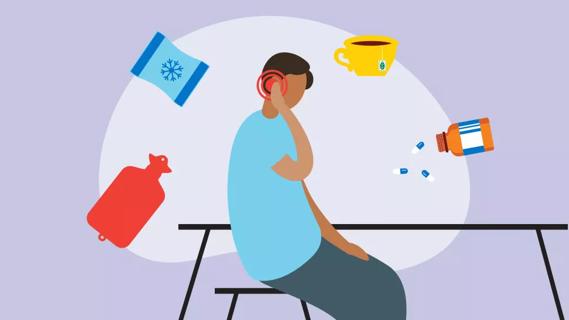
Not all ear infections need antibiotics — cold and warm compresses and changing up your sleep position can help
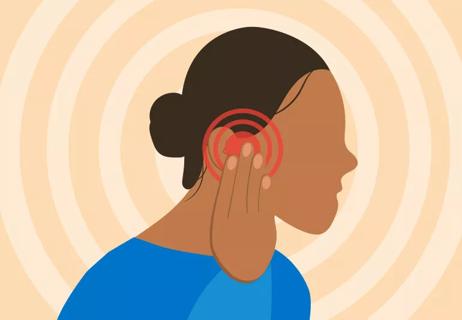
Ear infections can be painful, but essential oils may make the problem worse
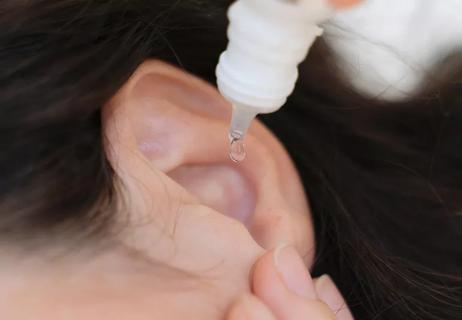
How to find a fix for the itch
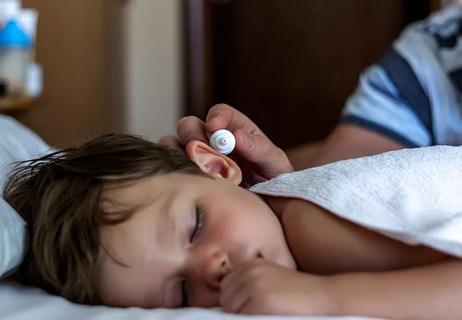
And two remedies to avoid at all costs

Wearing a scarf, adjusting your outdoor activities and following your asthma treatment plan can help limit breathing problems

Your diet in the weeks, days and hours ahead of your race can power you to the finish line

When someone guilt trips you, they’re using emotionally manipulative behavior to try to get you to act a certain way